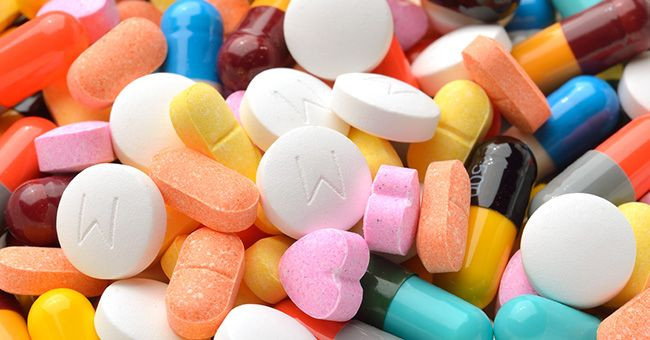Ecstasy PTSD Treatments: F.D.A. Approves New Trials To Help Treat Patients

Ecstasy could be used to treat anxiety and post-traumatic stress disorder in war vets, a new study has found.
After serving three tours in Iraq, C.J. Hardin found himself hiding from the world in a cabin located in North Carolina. Trying to cope with divorce and battling alcoholism, he had tried all forms of treatments for PTSD, including psychotherapy and different medications.
“Nothing worked for me, so I put aside the ideas that I could get better,” Hardin told The New York Times. “I just pretty much became a hermit in my cabin and never went out,” he said.
In 2013, Hardin joined a small drug trial testing to see if PTSD could be treated with MDMA, the party drug known as Ecstasy.
“It changed my life,” he said. Hardin is now going to college and working as an airplane mechanic. “It allowed me to see my trauma without fear or hesitation and finally process things and move forward.”
Based on results like Hardin’s, the Food and Drug Administration gave permission Tuesday for large-scale trials of the drug, which is the finally step before approving Ecstasy as a prescription drug. This means, if successful, the trials could use the substance as treatment for PTSD.
Dr. Charles R. Marmar the head of psychiatry at New York’s University’s Langone School of Medicine, a leading PTSD researcher who wasn’t involved in the study said, “I’m cautious but hopeful.” Marmar told The New York Times that if they keep getting good results with Ecstasy, it will be a great use to treat PTSD, as it can be very hard to treat. “Our best therapies right now don’t help 30 to 40 percent of people. So we need more options,” he said.
Of course, there is always concern for the potential abuse, as it’s a “feel-good drug,” and like any drug, people are known to abuse it. There are also serious side effects from prolonged use of using Ecstasy such as brain damage.
A small nonprofit, The Multidisciplinary Association for Psychedelic Studies, that advocates the legal medical use of Ecstasy, has sponsored six Phase 2 studies in treating a total of 130 patients with PTSD with the drug. It will also fund the Phase 3 research, which will include 230 patients, according to The New York Times.
At least two trials in Charleston have found treating combat veterans with PTSD had not responded to traditional drugs or psychotherapy. Just after three doses of Ecstasy under a psychiatrist’s guidance, the report found 56 percent decrease of PTSD symptoms in the patients. At the end of the study, two-thirds no longer had PTSD.
Years after his combat deployments, Hardin said he was sleepless and on edge. His dreams were filled with explosions and death. The Army gave him antidepressants and sleeping pills. Though they didn’t work, that’s when he turned to alcohol and starting hiding from the world.
“I just felt hopeless and in the dark,” he said. “But the MDMA sessions showed me a light I could move toward. Now I’m out of the darkness and the world is all around me.”
© Copyright IBTimes 2024. All rights reserved.





















